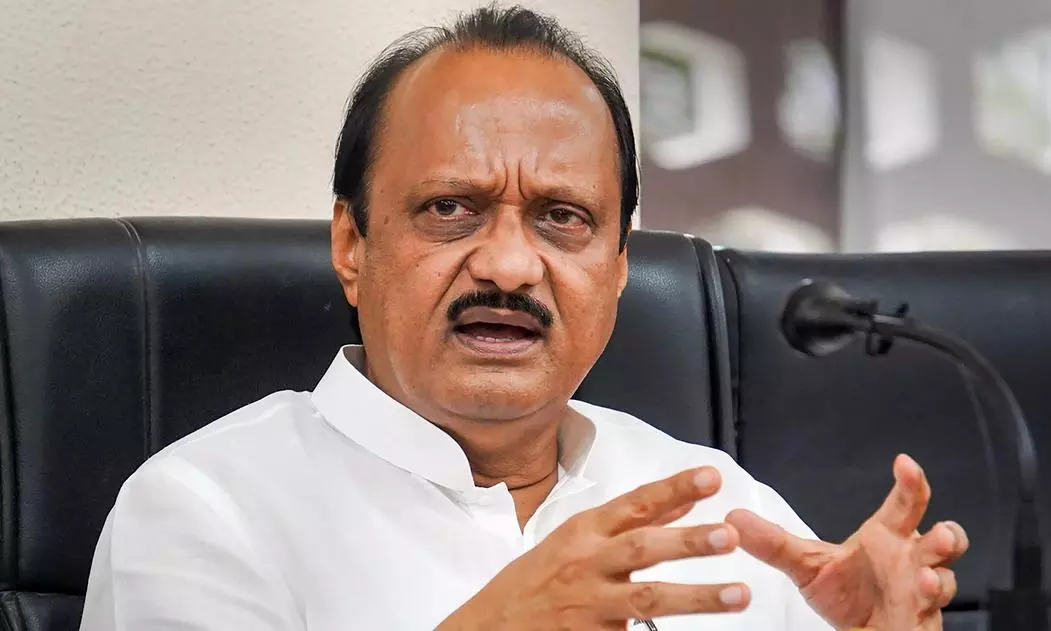Ajit Pawar-led NCP raises concern over Waqf amendment bill

Mumbai: BJP’s alliance partners in Maharashtra – Ajit Pawar-led NCP and Eknath Shinde faction of Shiv Sena – have raised concerns over the Waqf Board Bill. While NCP chief Ajit Pawar said that his party will not allow any injustice to Muslims, the Shinde-led Sena too has said Muslims should be taken into confidence on the waqf board issue.
“NCP has decided that if you (Muslims) have any concerns regarding this bill, then we will listen to your concerns. We will not let any injustice happen to minorities,” Pawar said while speaking at his partys’ Jan Sanman Yatra in Dhule.
Pawar said the NDA government in the Centre has MPs from Chandrababu Naidu’s TDP, Nitish Kumar’s JDU, Chirag Paswan's LJP, and Eknath Shinde-led Shiv Sena. “NCP also has 3 MPs...we will discuss this (Bill). And this is our promise that we will not allow any injustice to minorities,” he said.
Shide-led Shiv Sena MP Sandipan Bhumre has stressed on a consensus and taking the Muslim community into confidence before any amendment is made to the Waqf Act.
Despite joining hands with the BJP, Ajit Pawar has time and again reiterated that his party will not abandon its ideology and will continue to work for the welfare of minorities.
“The party will not compromise on its ideology no matter how big a price it will have to pay,” Pawar said on Monday.
While addressing his party’s national executive meeting in Mumbai couple of months back, he had said, “The ideologies of Chhatrapati Shivaji Maharaj, Mahatma Jotiba Phule, Chhatrapati Shahu Maharaj and Dr Babasaheb Ambedkar are the core of our party and we will not deviate from these ideologies, even if it means paying a hefty price for it.”
Earlier this month, the Centre brought the Waqf (Amendment) Bill, seeking to restrict unchallenged power given to the waqf boards. The Bill, which seeks to amend the law governing waqf boards, has proposed far-reaching changes in the present Act, including ensuring the representation of Muslim women and non-Muslims in such bodies.
However, opposition parties opposed the Bill, saying it was an attempt to target Muslims. Following a heated debate in the Lok Sabha, the Bill was referred to a joint committee of Parliament.
